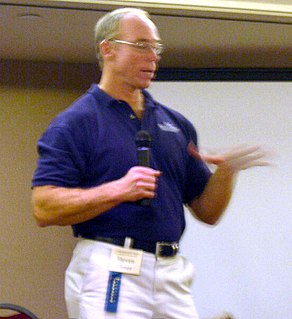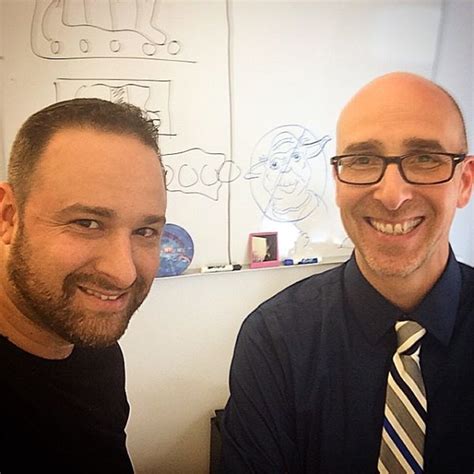A Quote by Neil Postman
The shock of twentieth-century technology numbed our brains and we are just beginning to notice the spiritual and social debris that our technology has strewn about us.
Related Quotes
Scientists tell us that we have enough technology to save our planet. . . . Yet we don't take advantage of this new technology. . . . The technological has to work hand-in-hand with the spiritual. Our spiritual life is the element that can bring about the energies of peace, calm, brotherhood, understanding, and compassion. Without that, our planet doesn't stand a chance.
I believe 3D is inevitable because it's about aligning our entertainment systems to our sensory system. We all have two eyes; we all see the world in 3D. And it's natural for us to want our entertainment in 3D as well. It's just getting the technology - it's really more the business model than the technology piece. We've solved the technology.
We ought to be keeping in mind that the technology is not just hardware and machinery, it is also software. So you can think of languages of the technology and writing of the technology and the social justice of the technology in what social justice does is reduce impacts on the Earth because the most impact is from the poorest and richest people.
The only weapon we have to oppose the bad effects of technology is technology itself. There is no other. We can't retreat into a nontechnological Eden which never existed...It is only by the rational use of technology to control and guide what technology is doing that we can keep any hopes of a social life more desireable than our own: or in fact of a social life which is not appalling to imagine.
I am extraordinarily fascinated by the future of technology. We are in the early infancy of technology, and we have an opportunity to guide how technology develops and integrates into our lives. I talk a lot about the 'invisible interface,' or the idea that we can utilize technology without being absorbed into a screen.
I have always been interested in conducting research that yielded new methods by which to make cloth, and in developing new materials that combine craftsmanship and new technology. But the most important thing for me is to show that, ultimately, technology is not the most important tool; it is our brains, our thoughts, our hands, our bodies, which express the most essential things.
We must ask whether our machine technology makes us proof against all those destructive forces which plagued Roman society and ultimately wrecked Roman civilization. Our reliance - an almost religious reliance - upon the power of science and technology to forever ensure the progress of our society, might blind us to some very real problems which cannot be solved by science and technology.


































